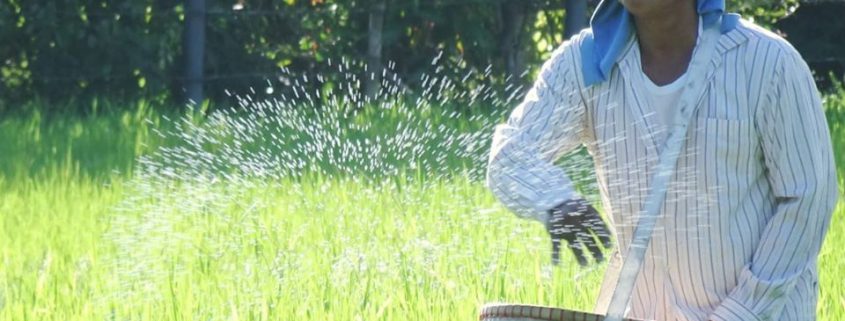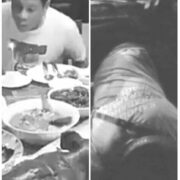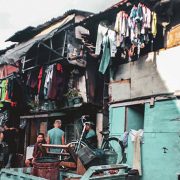Real Duterte Legacy: Agri crisis belies admin claims of econ success
by IBON Media
Research group IBON said that the crisis in Philippine agriculture due to government negligence contradicts claimed economic achievements under the Duterte Legacy Campaign. The group said that the administration’s neglect and prioritization of local and foreign big business interests is worsening an already weak and struggling sector.
IBON said signs of this agriculture crisis include slowing sectoral growth; shrinking share in gross domestic product; rising import dependence; increasing trade deficit; significant job losses; and widespread rural poverty.
The Philippine Statistics Authority (PSA) reported a minimal 0.4% growth in agriculture in the fourth quarter of 2019. Under the administration, year-on-year growth trend in agriculture has been declining. From a contraction of 1.2% in 2016, agriculture bounced back with a 4% growth in 2017. But this was short-lived when growth fell to 0.9% in 2018 with a slight increase to 1.5% in 2019, noted the group.
IBON said that agriculture’s share in gross domestic product (GDP) has been declining from 8.8% in 2016 to 8.5% in 2017, 8.1% in 2018, and 7.8% in 2019. This is a far cry from its over 40% share in the economy in the 1960s.
While the country has been increasingly dependent on food and agricultural imports in the past couple of decades, this has further heightened under the Duterte administration, the group said. For instance, the country’s consumption of garlic imports was only 1.1% in 1990, but this surged to 91% in 2018. Rice import dependency ratio (IDR) meanwhile decreased from 9% in 1990 to 5% in 2016. But this grew to 13.8% in 2018 and could worsen with the increase in rice imports due to the Rice Liberalization Law.
IBON noted that as much as 1.4 million jobs were lost in agriculture, with employment falling from 11.1 million in 2016 to 9.7 million in 2019. This translates to an average annual job loss of 455,000 in this period.
Another indicator of agriculture in crisis is widespread rural poverty, said IBON. Poverty incidence among farmers (34.3%) and fisherfolk (34%) is higher than the national average (21.6%), according to latest available figures. However, IBON estimates that at least 90% of farmers and fisherfolk are impoverished, if based on more reasonable standards of poverty measurement.
IBON said that despite its worsening state, the agriculture sector remains low priority for the administration. The 3.5% share of agriculture in the 2020 budget is the lowest since 2004 at 3.3 percent. The group also noted that annual average share of agriculture in the national budget from 2017 to 2020 was just 3.6% – the lowest since the Ramos administration (3.5%).
IBON said that agriculture, hand in hand with domestic manufacturing, is an important productive sector that, if supported and strengthened towards public interest, could help boost and sustain genuine development and job creation. The administration’s continued neglect of the sector and advancement of harmful pro-big business policies that are destroying local production and farmers’ livelihoods only shows how fake the Duterte Legacy really is, the group said. #







